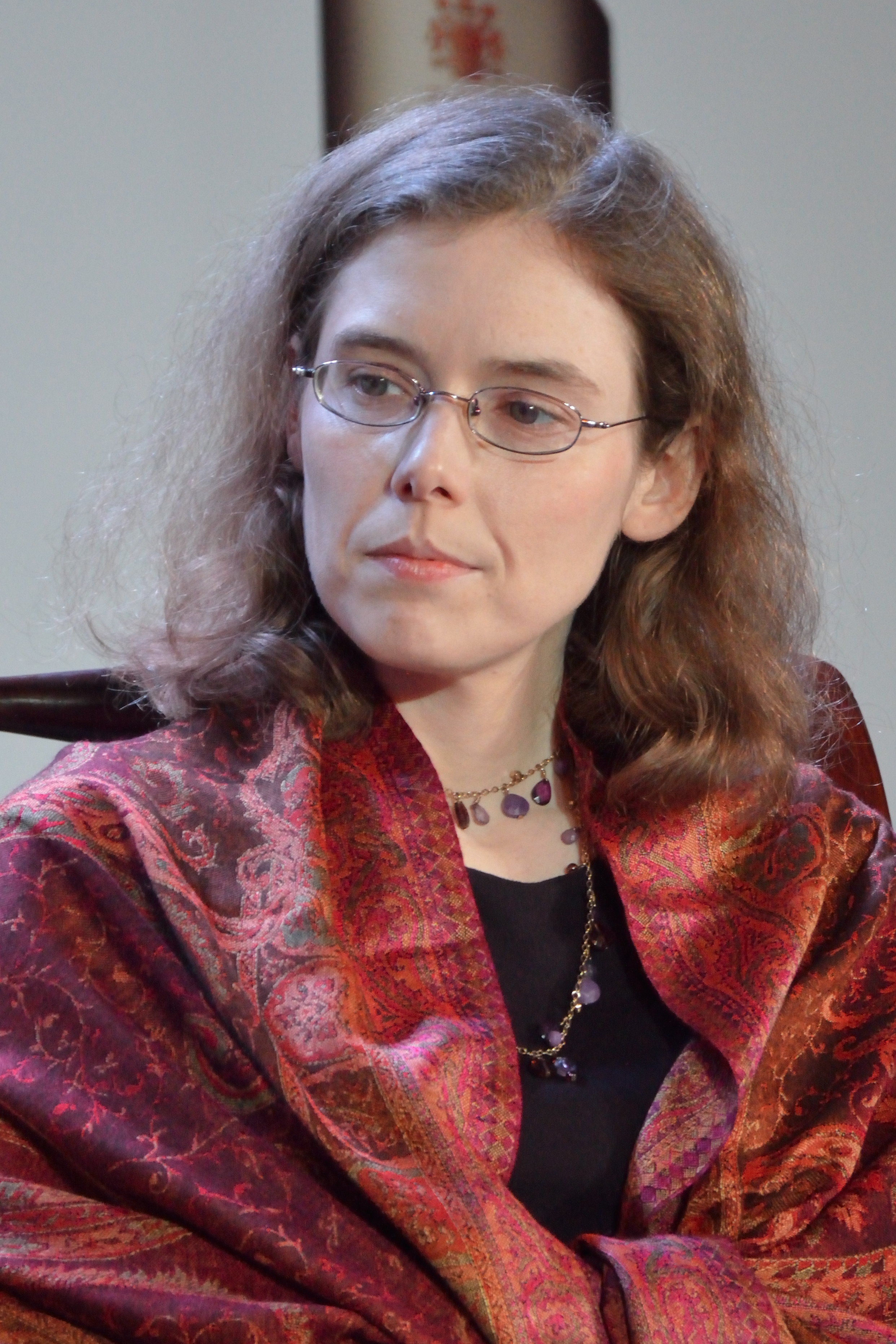When you think of a mythology book reading on a Tuesday night at Stanford during midterms week, you would be forgiven for imagining that event as a small and geriatric affair — one with criminally low attendance and death-of-the-humanities gravity.
The storytelling event put on by the Stanford Storytelling Project on May 7 featured bestselling author Madeline Miller and professional storyteller Martin Shaw. It was a sold-out affair jam packed with families with Percy-Jackson-age children, cultured Palo Alto people and a very healthy contingent of students. I got the sense that attendance might have been mandatory for PWR, but that didn’t change things: Cemex felt full and alive.
Jonah Willinghanz, the director of the Stanford Storytelling Project, opened up the night with an awkward introduction of the night’s speakers. He was clearly in awe of them, and for good reason.
Madeline Miller is the bestselling author of two books based on Greek mythology. “Circe” is a first-person narrative of the life the witch of Aiaia who so famously turned men into pigs. “Song of Achilles,” her debut novel, is an imagining of the romance of Achilles and Patroclus that the Greeks saw in the Iliad. She spent ten years on her debut novel and not much less on its successful follow-up, reflecting a certain Odysseus-level craftsmanship. That conscientiousness has won her legions of fans across the world, including for example my beloved mythology teacher.
Martin Shaw, the other speaker of the evening, is a professional storyteller currently teaching a course at Stanford. He looks as a professional storyteller ought to look — sort of like if Jesus let himself go a bit then got really into Buddhism and hats. He possesses a tremendous charisma and thespian power, and in the style of a true bard or scope he accompanies his stories with rhythmic drumming.
Shaw opened the night with the story of Hermes inventing the lute and spinning tales to avoid trouble for stealing Apollo’s cattle. Madeline Miller followed that up with a reading of “Circe” explaining what it means to be turned into a pig. They then discussed their stories before jumping into the next progression of the sequence, introducing more and more new stories and analysis.
The night was about the Odyssey, but really it was about storytelling. Madeline Miller was delightfully scholarly in her discussions of little curiosities like the Greek word for speaking like a human. When she grappled with the Odyssey’s contradictions and incomplete parts, you knew that her points were well-earned and justified. Martin Shaw tended more to the Joseph Campbell side of the equation, speculating about human nature and “bone memory,” which was delicious, wonderful and just what the doctor ordered.
Overall I came away with aa very positive impression of not just the evening’s speakers but also the Stanford Storytelling Project. As a prospective history major, my faith in the humanities was restored and I became convinced that the demand for good stories and and timeless wisdom is as strong now as it has always ever been.
Contact Cooper Veit at cveit ‘at’ stanford.edu.
